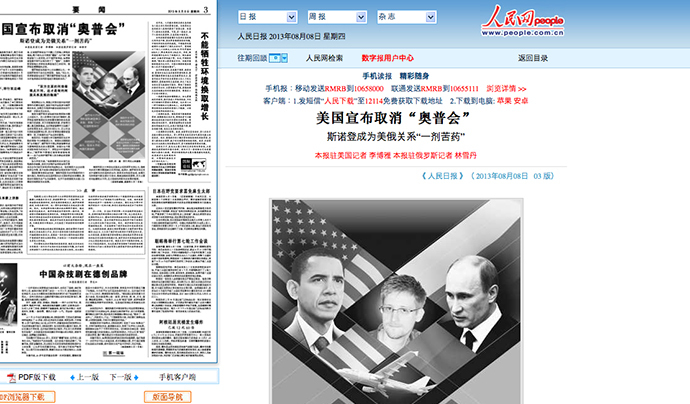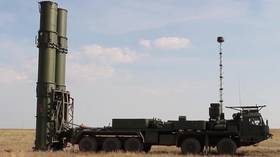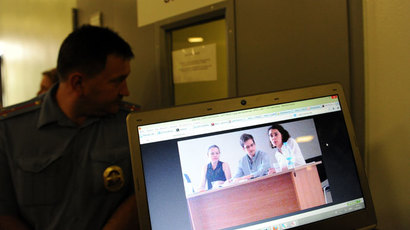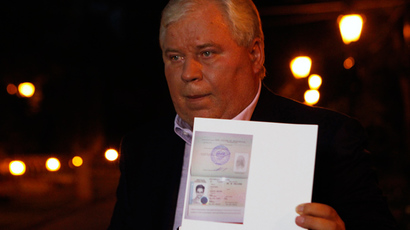Chinese media on Snowden: Washington 'ate the dirt' this time

Chinese media has described the Kremlin as the “winner” and the White House as the “loser” in the Snowden case, following Barack Obama’s cancellation of a meeting with Russian President Vladimir Putin in Moscow this autumn.
An unsigned editorial piece in China’s English-language newspaper
Global Times said that “Moscow displayed its national
characteristics of decisiveness and boldness” and has kept
Washington “at bay.” The article suggested that Moscow’s
traits are of vital importance in an international climate of US
dominance.
“Washington ate the dirt this time,” the article stated.
It goes on to compliment Russia, adding that the US seems to have
accepted the fact that Moscow granted asylum to ex-NSA contractor
Edward Snowden. “Russia has impressed the world, which views
the Kremlin as the ‘winner’ and the White House as the
‘loser,’” it said.
On Tuesday, the White House released a statement saying that
Obama would not be attending a scheduled meeting with President
Vladimir Putin in September. The administration mentioned Snowden
in the statement, while also saying that enough progress hasn’t
been made on issues such as missile defense, arms control, trade
and commercial relations, global security issues, and human
rights in the past 12 months.
“We are disappointed by the US administration’s decision to
cancel the visit of President Obama to Moscow” Russian
presidential aide Yury Ushakov said. “It is clear that the
decision is related to the situation around the former
intelligence agency employee Snowden – something that was created
not by us.”
But Ma Feng, professor of international politics at Shandong
University, wrote in the People’s Daily that Obama’s rebuke is
likely to have very little impact on the situation between the
two countries.
“The US needs Russia's support and help on a series of major
international and regional affairs and it will not harm its
greater interests because of Snowden...Russia-US relations cannot
fundamentally improve. But they are…less likely to deteriorate
quickly,” he said.

The Global Times said on Thursday that “better results” seem to have been generated than if China had agreed to offer refuge to Snowden. Instead, the article states that Sino-US relations have remained largely unaffected. The whistleblower was in Hong Kong before flying to Moscow in June.
Moscow’s willingness to take a “decisive and bold” line
with the US, and its “experience” in doing so seems to
have suited the country perfectly, the article said.
While complimenting Russia for its temporary accommodation of the
whistleblower, the newspaper mentioned that China could not have
put itself in the same position when Snowden was in Hong Kong.
It went on to underline how numerous people online have been
wondering why China hadn’t acted in the same way as Russia when
it had the chance – suggesting that it had displayed
“hesitation and weakness.” In response to such
accusations, the article defended why the country made the
decision it did.
“The situation between China and the US is different from that
of Russia and the US. The US has many more opportunities and
means for retaliation against China,” it stated.
However, the US said in June that it was disappointed that
Chinese authorities had not sent Snowden back to the US to face
the country’s “justice.”
Deputy Secretary of State William Burns said that it “undermined
our effort to build the trust needed to manage difficult
issues.”
“If Snowden were extradited, it would be a face-losing outcome
for both the government of the Hong Kong Special Administrative
Region and China's central government,” the Global Times
stated. “China is not willing to engage in a head-on
confrontation with the US, but has the ability to unite with
those who can restrict the US’ abuses of power” said the
piece.














